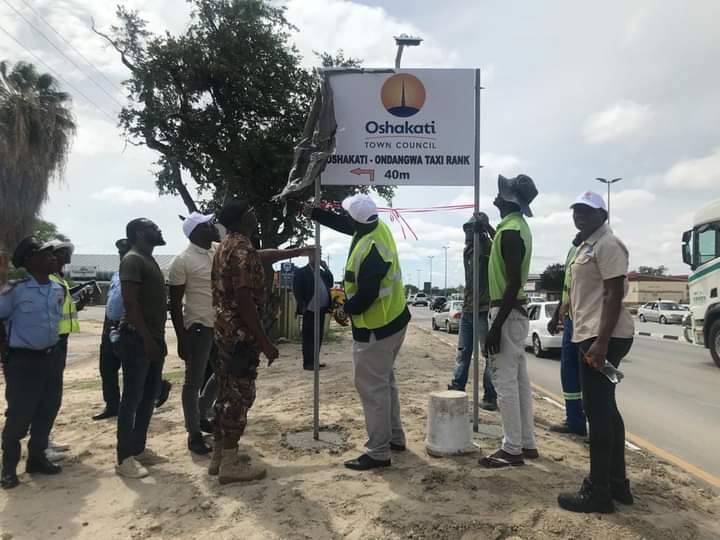The Ministry of Works and Transport says it is highly concerned about public transport operators lacking government guidance.
This leads to poor service, it says.
Damien Mabengano, the deputy director of transportation regulations in the ministry, says all urban areas in the country need efficient public transport, complemented by adequate walking and cycling facilities.
He said this during a public transport workshop held at Ongwediva on Monday.
“Of late, there has been a rise in private vehicles transporting passengers for reward within the municipality and local authority areas without authorisation.
“This has resulted in increase in criminal activities, conflict between legal and illegal public vehicles, and inefficient transport in the municipality and local authority areas,” he said.
Mabengano said public transport operators’ negative attitude hampers socio-economic development.
“In many cases, the poor operating environment leads to road safety risks, like drivers speeding to maximise revenue from passenger fares.
“Overloading is another challenge,” he said.
Oshakati Town Council local economic officer Fidelis Kabozu said the town has constructeded taxi ranks with basic amenities, but public transport operators are not adhering to guidelines, causing chaos at loading zones.
Stay informed with The Namibian – your source for credible journalism. Get in-depth reporting and opinions for
only N$85 a month. Invest in journalism, invest in democracy –
Subscribe Now!










